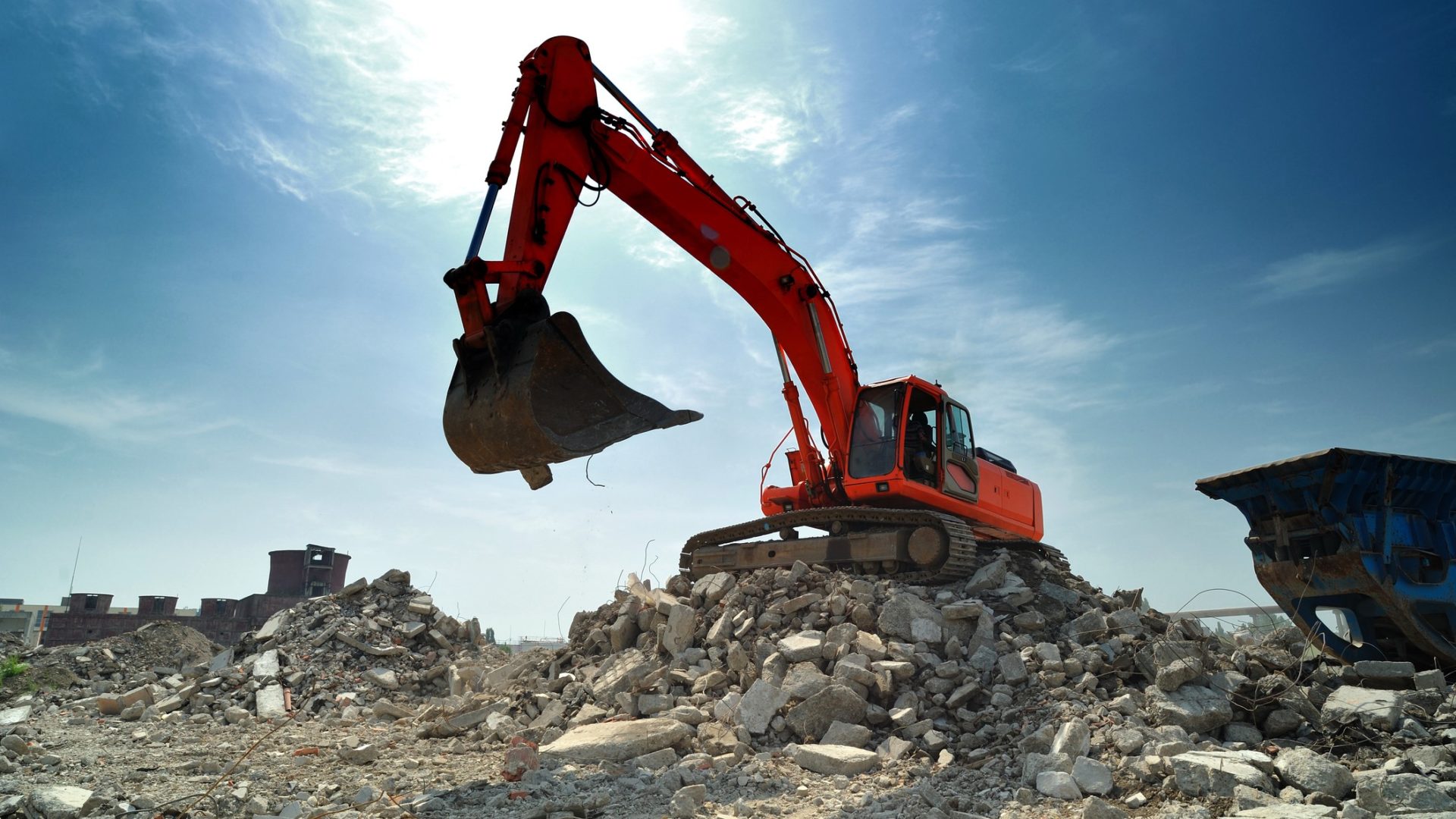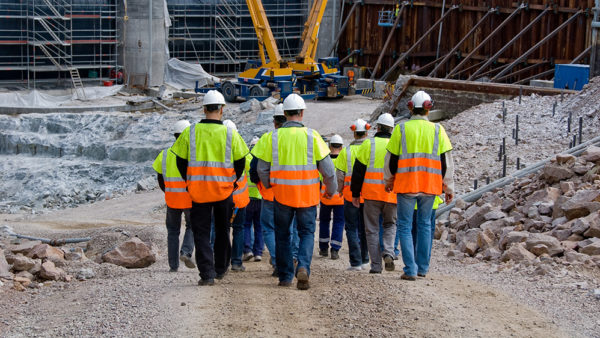Demolition needs to invest in green fuel and recycling technology to improve its environmental performance, writes Rye Demolition’s Simon Barlow.

Along with construction and excavation, the demolition sector accounts for 62% of the UK’s waste, according to a report by the House of Commons Environmental Audit Committee. Can the industry do more to improve recycling levels?
When most people think of demolition, images of wrecking balls wantonly crashing into buildings, causing violent explosions of bricks, dust debris, likely spring to mind.
The reality, however, is that the process is now well-planned and highly controlled by skilled professionals, with approximately 98% of all materials reused and recycled rather than thrown into landfill. Wood from demolished buildings is regularly repurposed for future projects or burnt for fuel, while metal can be melted down, purified, or used elsewhere. Furthermore, aggregates such as bricks and concrete are crushed and pressed into roads, pavements and foundations for future builds.
Many demolition companies are increasingly investing in emerging tech designed to help them sift through various types of rubble and soil, or to separate metals and concrete.
Meanwhile, significant energy is being put towards reducing the use of harmful fuels that power essential machinery. The National Federation of Demolition Contractors (NFDC) introduced a policy asserting that each of its 140 accredited members should phase out the use of diesel, and switch to hydro-treated vegetable oil (HVO) fuel. Produced from waste oils like chip fat, HVO can reduce emissions by as much as 90%.
Employing local talent
Contractors are also changing how they operate to be more environmentally friendly. Local talent is largely prioritised over hiring from far afield, meaning the carbon footprint created by travelling between projects is minimised. Also, where furniture and appliances are left in buildings scheduled for demolition, efforts are being made to donate them to charity shops, small businesses, or schools that can make better use of them. In this way, demolition can benefit local communities, and help instil a culture of recycling.
However, the demolition sector cannot hope to achieve all targets by itself: construction companies and architects also have a role to play. By working with demolition companies, construction organisations can ensure that upcoming projects are built with more sustainable designs, ensuring that all materials used can be repurposed for use on other projects in the future. This will help to optimise the reuse of materials and normalise recycling practices for generations to come.
Simon Barlow is the managing director and founder of Rye Demolition.
Comments
Comments are closed.












Splendid!